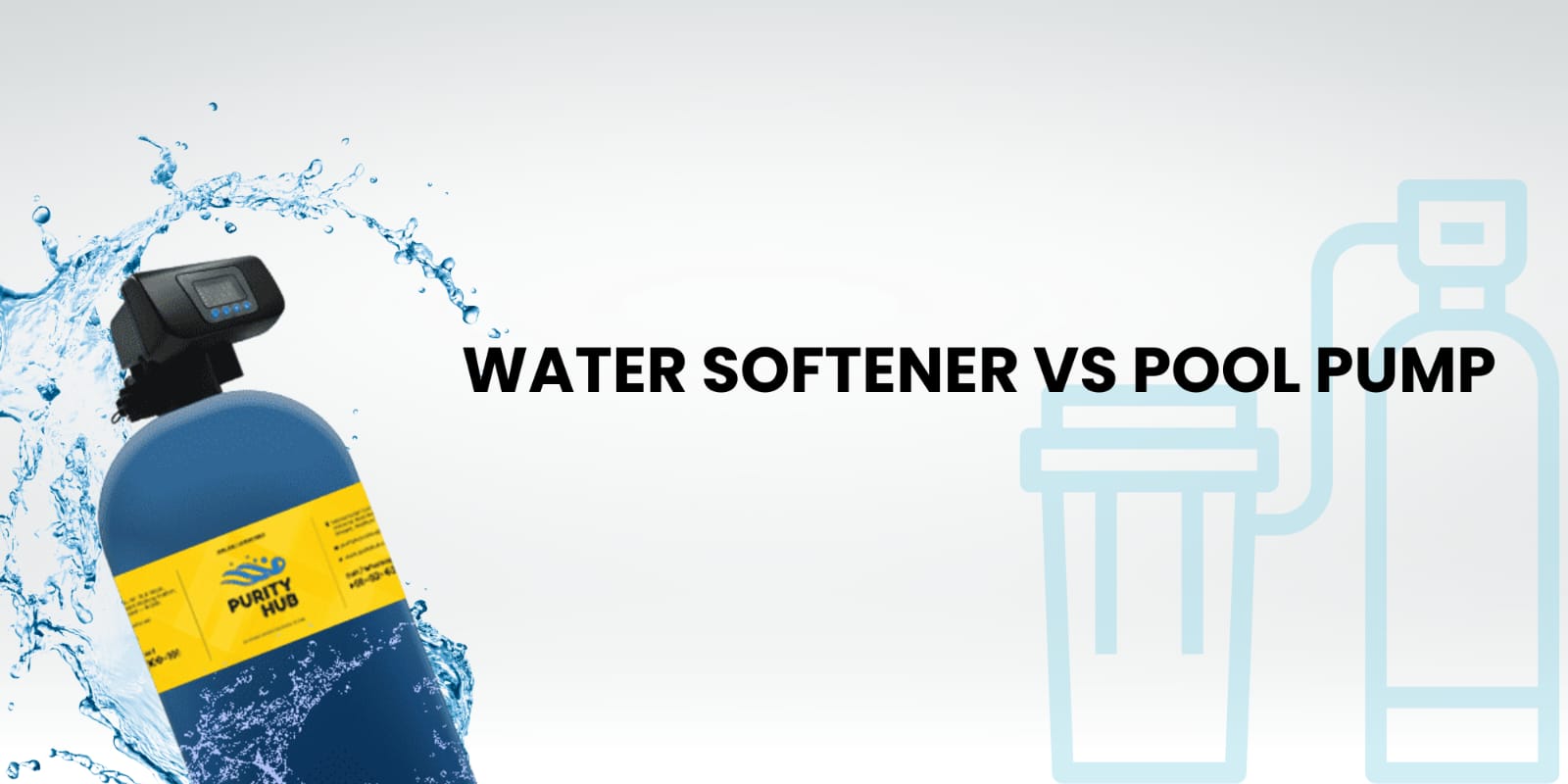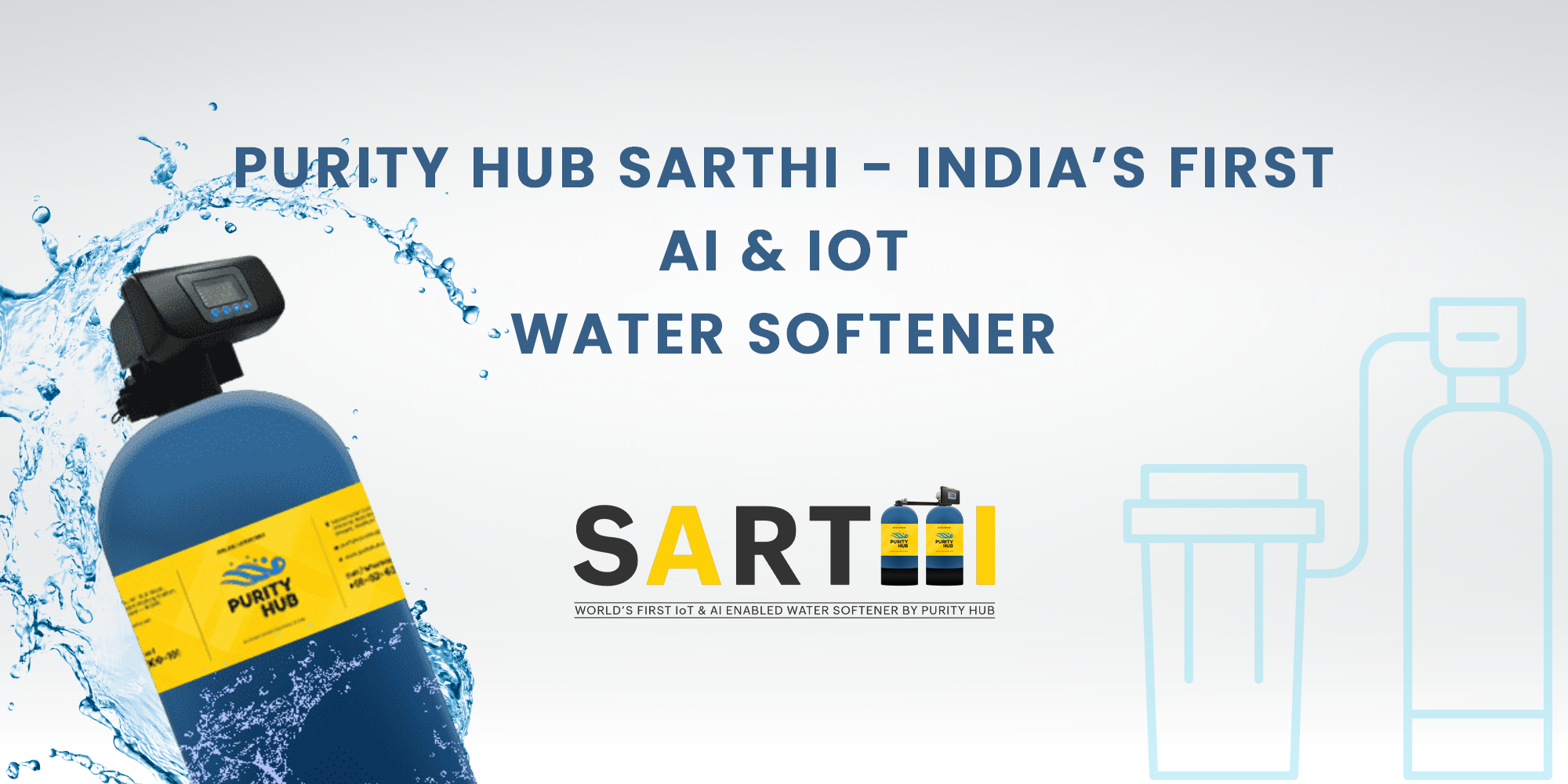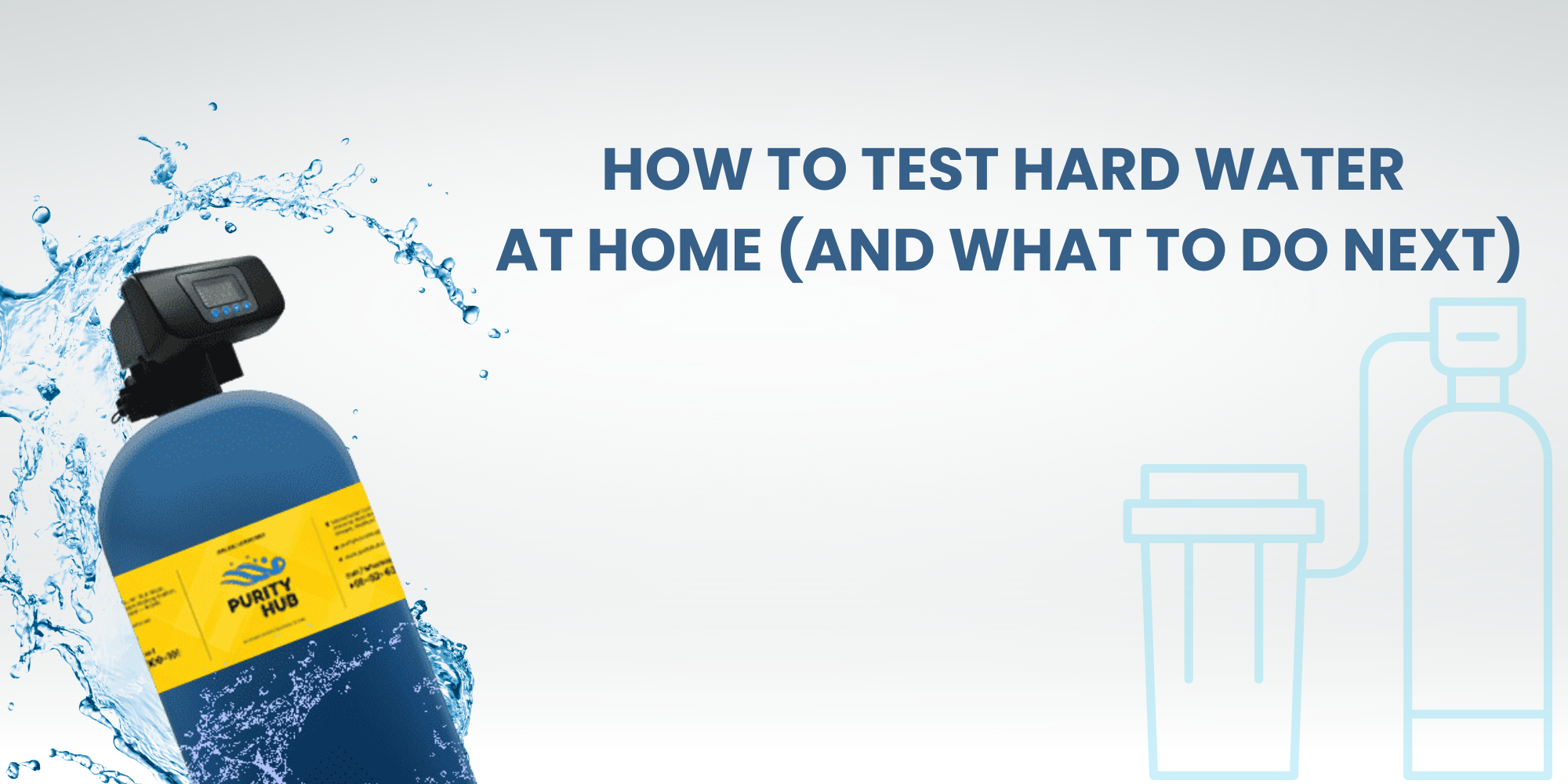
Hard water is a common problem plaguing many households, leading to a host of issues from appliance damage to dry skin. When it comes to tackling this issue, many homeowners focus on their pool, considering options like replacing the pool pump or salt chlorine generator with an ionizer. However, a whole house water softener often presents a more comprehensive and cost-effective solution.
The Limitations of Targeting Hard Water in the Pool
While pool ionizers and other treatments can address certain water quality issues, they have limitations:
Limited Scope: These treatments only affect the water within the pool, leaving the rest of your home's water supply hard.
Ongoing Costs: Replacing or upgrading pool equipment can be expensive, and there may be ongoing maintenance or replacement costs.
Ineffective Solution: While ionizers can help with some pool water problems, they might not completely address the root cause of hard water issues.
The Benefits of a Whole House Water Softener
A whole house water softener provides a more holistic approach to hard water treatment by addressing the issue at its source.
Comprehensive Solution: A water softener treats hard water for your entire home, from the kitchen sink to the shower.
Long-Term Savings: While there's an initial investment, a water softener can save you money in the long run by preventing costly repairs to appliances and reducing energy consumption.
Improved Water Quality: Softened water feels better on your skin and hair, and it can also enhance the performance of your laundry detergent.
Environmental Benefits: Water softeners help conserve water by reducing the need for excessive rinsing.
Enhanced Appliance Lifespan: Hard water can shorten the lifespan of your appliances. A water softener helps protect your investment.
Easier Cleaning: Softened water makes cleaning easier as it leaves fewer mineral deposits behind.
Health Benefits: Some studies suggest that softened water can improve skin and hair health.
Water Softener Maintenance: A Small Investment for Big Rewards
To ensure optimal performance and longevity, regular water softener maintenance is essential. This typically involves checking salt levels, regenerating the resin bed, and cleaning the brine tank. While it may seem like an added task, these maintenance steps are relatively simple and can be performed by the homeowner or a professional.
Conclusion
When faced with the challenge of hard water, investing in a whole house water softener is often a wiser choice than focusing solely on pool equipment. By treating the problem at its source, you can enjoy the multitude of benefits that soft water provides throughout your home, while potentially saving money and reducing your environmental impact.



